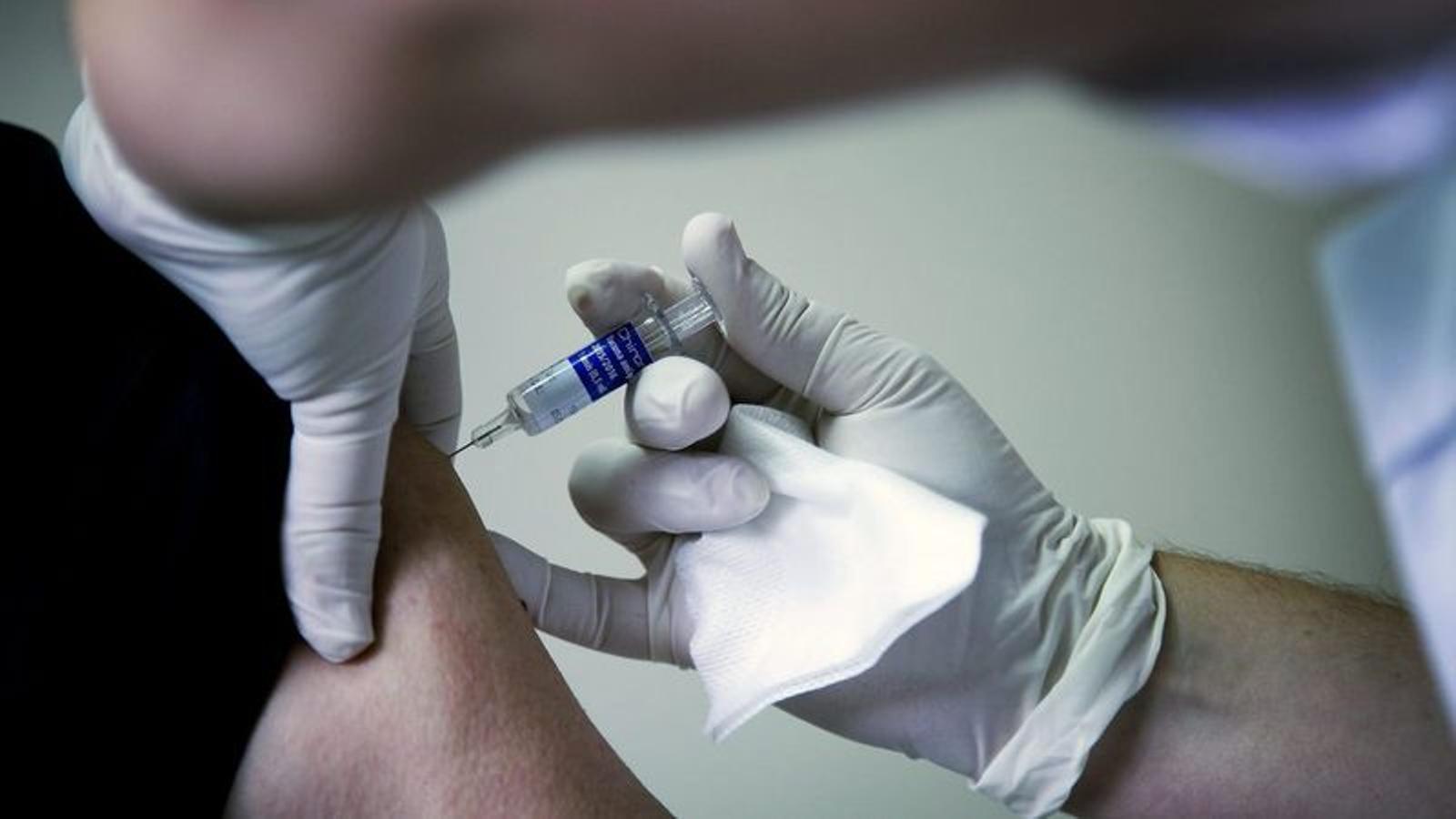Is a third dose really necessary to have immunity against covid?
Experts only recommend it for some population groups and call for more scientific evidence before giving it to everyone

GironaThe WHO this week called for no third dose - or booster or reminder dose - until at least 10 per cent of the world's population is vaccinated. Even so, countries such as Israel have already started injecting it into immunocompromised patients and people over 60, and France and Germany announced Thursday that they will also give it to the elderly and the most vulnerable. Spain is also considering this option: the Minister of Health, Carolina Darias, said that "everything indicates that the third dose will have to be administered" - although she did not specify whether to certain groups or to the general population - and the Secretary of Public Health of the Generalitat, Carmen Cabezas, said that they are studying giving a third injection to immunocompromised patients, such as transplant recipients or people undergoing cancer treatment, for example. But is a third dose really necessary to have immunity against covid?
The three experts consulted are unanimous with the answer: yes, they recommend it in the case of patients with immunosuppression problems or in the case of the elderly, but they believe that more scientific evidence is needed before injecting it into the general population. In addition, the three raise an ethical and moral question: is it fair for one part of the world to administer a third dose when other countries have not received a single injection and have not even protected health workers and the elderly?
Differentiate population groups
"One thing is the general population, and the other are the most vulnerable groups such as people who are in homes for the elderly, those who are over 80, or patients with an immunodeficiency", says the vice president of the Spanish Vaccinology Association, Ferran Moragas Llop, who is committed to doing more studies to see if the standard response to vaccines in this profile of people has been lower and if, therefore, the third dose is really necessary.
In this sense, the IRTA-CReSA researcher Joaquim Segalés considers that, before giving any injection, it is necessary to monitor people to know how they feel. "The worst-case scenario would be that a person with a high degree of immunosuppression does not respond to vaccines. And you can vaccinate them, but they do not generate protective immunity or so little that, if they were infected, the vaccine would be ineffective".
Just this week a study made in three homes for the elderly was made public, which shows that people generate more protective antibodies if, in addition to having been vaccinated, they have passed covid. In fact, the antibody levels of people who had not been infected dropped very significantly three months after being inoculated and became less potent with increasing age. "We still do not have data on the level of protection six months after receiving the vaccine, but the study shows that there are people who have responded poorly to the vaccine and are more at risk of becoming infected", says IrsiCaixa researcher Julià Blanco, who believes that in this population group a third dose "probably increases" the relatively low response that some older people or patients with immunosuppressive treatments have shown. "We see that there is a percentage of people who have not generated a correct response, and perhaps with the third dose they are able to generate it". "It is a need that we have to consider", he says.
Vaccines for new variants
Pzifer and Moderna have admitted that a third dose will probably be necessary to maintain the level of protection, since the number of antibodies decreases over time. However, neither Moragas, Segalés nor Blanco believe that it can be applied to the entire population in general without further scientific studies to support it. In addition, the IRTA-Cresa researcher recalls that immunity cannot only be measured from the amount of antibodies generated by the body. "We are not measuring all the protection generated by cellular immunity and it could be the case that, although antibodies are lowered, one can still be protected, as happens in other diseases". The problem is that measuring cellular immunity requires very complex laboratory techniques that do not allow large-scale analysis.
"They say that cellular immunity probably lasts longer than neutralising antibodies. It is a hypothesis, it has to be studied", says Segalés, who is participating in a study to see how long neutralizing antibodies last. "We have seen that they decrease over time, but very slowly. Immunity can last at least a year, probably more, but not enough time has passed yet to have data", he insists.
In the event that it were necessary, the IrsiCaixa researcher -the centre promoted by the Fundació La Caixa- defends that a third dose would have to be applied but of the new vaccines that emerge and that are prepared to fight against the new variants that have appeared, because "it would be more effective than giving a third dose of the same vaccine that was created a year ago, which is based on a virus that is no longer circulating", he says in reference to the covid that emerged from Wuhan and that, over the past year and a half, has been changing in the form of new variants.
Likewise, the vice president of the Vaccinology Association stresses that a third injection in the general population would be necessary if a variant that escapes the current vaccines appears, or if a sterilising vaccine is approved - that is, one that completely cuts off the infection and not only protects against severe disease, as those currently injected do.
